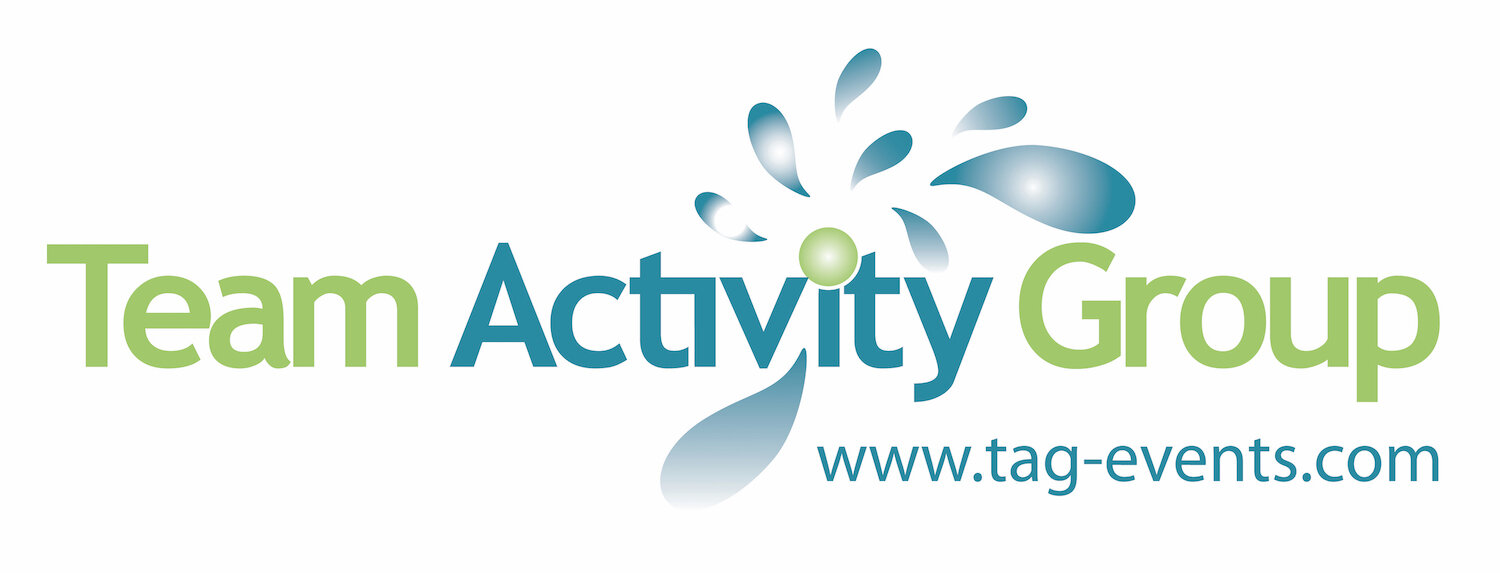How to Brief Your Event Company: 6 Key Details to Include
Outsourcing your event planning could be the best decision you’ve ever made. Event companies - like us here at Team Activity Group - live and breathe events. We have all the components, focus and know-how to ensure your event is a success. Most importantly, we have the time to dedicate to event planning - something you might not have.
What does an event company do and why use one?
Whether you’re planning a team-building activity, a conference or a Christmas party, event companies take the stress off you by planning, organising, producing and executing the whole affair (or just parts of it, depending on what you want). For major events, we can also look after all logistics, including builds and installations.
Essentially, using an event company means that you can get back to focusing on your day job.
However, in order for your event or activity to be a success, your event company needs to completely understand your requirements and share your vision. How do you ensure this? You give them a clear brief.
What is a brief?
‘Brief’, as a noun or verb, is sometimes in danger of sounding like business jargon. But a brief is simply a guide and/or set of instructions provided to another party - to enable them to perform a task.
Briefing your event management company is imperative. It helps you understand one another and get on the same page. But how should you provide a brief and what should be included? Here’s how we work at Team Activity Group.
How to brief your event company: what they need to know
As events specialists with 28 years’ experience in the industry, it’s safe to say Team Activity Group understands events. However, we still make sure our clients send us a full brief so we can give them the best possible event or team activity. Here are our top 6 details to include in that brief:
1) The event objective / the purpose of the event
Knowing this helps us understand your vision and keeps us on track throughout the planning process. Without knowing the event objective, the event might still be fun but it's unlikely to be as impactful. Sharing your ‘why’ with us not only avoids confusion but also wasted resources and money.
2) Numbers
Another important piece of information to relay early on is how many people you’re expecting. An event or activity for 10 people will be vastly different to one for 150.
3) Elements of the day
Will there be meetings, team activities, lunch, dinner, evening entertainment? All of the above? Not only does this help us understand the layout of the day - from a logistical standpoint - but it also helps set the tone.
4) Location
Do you have a specific venue in mind? Or otherwise, a type of venue? Does the activity need to be in a specific part of the country? Make sure you relay your location requirements, so things don’t go off-piste. You may not have any idea of location, and that’s fine too - it’s something we are always happy to advise on.
5) Length / timings
Is this to be an all-day event, an evening awards ceremony or an hour-long team-building activity? Is there a specific time you need to start and finish by? Make sure you’ve thought about your timings so we can work to a rough schedule and refine it as we know more.
6) Budget
Knowing your budget is essential to planning and delivering a successful event. Making sure we are aware of, and working to, your budget prevents nasty surprises or disappointments. Yes, you may have to forgo the fire eaters and acrobats but knowing that in advance helps manage expectations!
Keen to know more or book an event with us? Get in touch for an initial chat on 07767 250192 or email us at events@tag-events.com.
We offer a wide range of indoor, outdoor, evening and daytime activities to suit all groups, and we’re happy to help!
